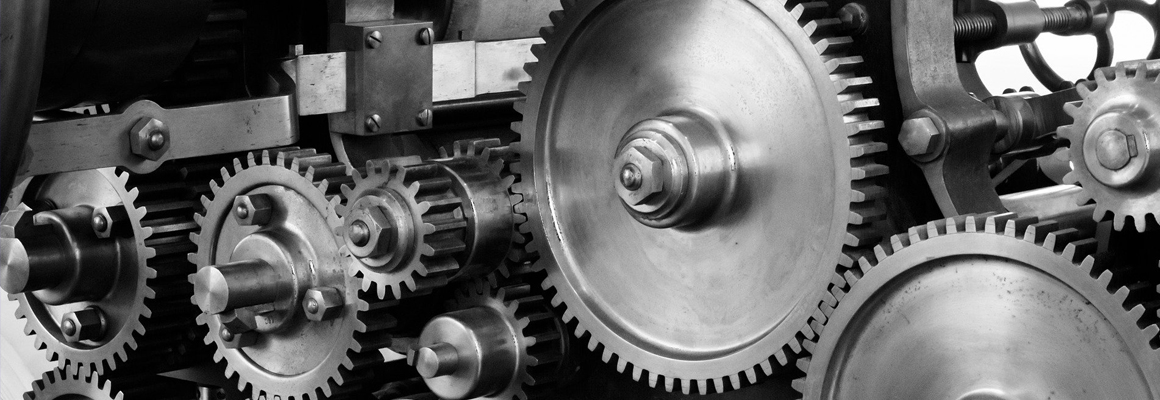300kw Generator vs 500kw Generator: Which One Suits You?
When it comes to selecting a generator for your power needs, two common options often come up: the 300kW generator and the 500kW generator. Your choice between these two models can significantly impact your operations, whether they are for a construction site, an industrial facility, or emergency backup power. Understanding the differences and advantages of each will help you make a more informed decision.
If you want to learn more, please visit our website 300kw Generator.
Understanding Power Output
The most apparent distinction lies in their power output. A 300kW generator is capable of providing a substantial amount of energy, making it ideal for medium-sized operations, while a 500kW generator offers higher capacity, catering to larger facilities or more energy-intensive equipment.
For instance, if your operation mainly consists of smaller machinery or temporary setups, a 300kW generator could meet your requirements without excess capacity, thereby saving on fuel and operational costs. On the other hand, a 500kW generator is more appropriate for larger industrial setups requiring robust energy supply for multiple heavy-duty machines simultaneously.
Fuel Efficiency and Operating Costs
Another factor to consider is fuel efficiency. Generally speaking, smaller generators tend to consume less fuel under moderate loads. For those using a 300kW generator, the efficiency tends to improve significantly at partial loads, making it an excellent choice for businesses that don't consistently require full power.
In contrast, a 500kW generator, while capable of handling enormous loads, may find itself less efficient if used predominantly at lower capacities. The larger the generator, the more likely it is to face fuel inefficiencies when not fully utilized. This factor could lead to increased operating costs over time.
Initial Investment and Maintenance
The initial purchase price of a generator is also a considerable factor. Typically, a 500kW generator comes with a higher upfront cost than a 300kW generator due to its advanced capabilities and larger components. However, you must also take maintenance into account. Larger generators often require more intricate inspections and a higher volume of replacement parts, which can lead to greater long-term maintenance expenses.
Further reading:How to Choose the Best Pumice Scrubbing Machine?
Applications and Use Cases
Revolutionize Your Production: Overcoming Challenges with the Smart Automatic Wafer Plating Machine
Top Solutions for Common XPS Foam Production Factory Challenges
When thinking of where to use these generators, it’s essential to consider the specific applications. A 300kW generator finds its perfect fit in situations like small to medium-sized businesses, construction sites, or events that need temporary power. It’s versatile enough to provide backup for offices, mobile food vendors, or even outdoor weddings.
Conversely, a 500kW generator suits larger establishments like factories, hospitals, or data centers where constant, high-powered electricity is critical. The robust power output allows for uninterrupted service, making it an attractive choice for operations that cannot afford downtime.
Noise Level and Environmental Impact
Power generation often comes with noise, which may affect your surroundings. A 300kW generator usually operates at a lower decibel level compared to a 500kW generator, making it a more suitable choice for urban areas or sites where noise regulations are stricter. Additionally, advancements in technology allow for quieter models in both categories, yet the distinctions remain important to note.
Conclusion: Which One is Right for You?
Choosing between a 300kW generator and a 500kW generator ultimately depends on your specific needs. If your power requirements are moderate and you aim for cost-efficiency, the 300kW generator may be the way to go. However, if you're handling large-scale operations that demand high energy output, investing in a 500kW generator could be more beneficial in the long run.
Consider aspects like fuel efficiency, maintenance needs, noise levels, and your particular applications before making your choice. Ultimately, understanding your unique requirements will lead you to the generator that best suits your power needs.
Are you interested in learning more about Harvester Head for forest? Contact us today to secure an expert consultation!
129
0
0
All Comments (0)
Previous: Top Solutions for Common XPS Foam Production Factory Challenges
Next: Revolutionizing Farming: How Maize Impact Machines Boost Yields
If you are interested in sending in a Guest Blogger Submission,welcome to write for us!




Comments